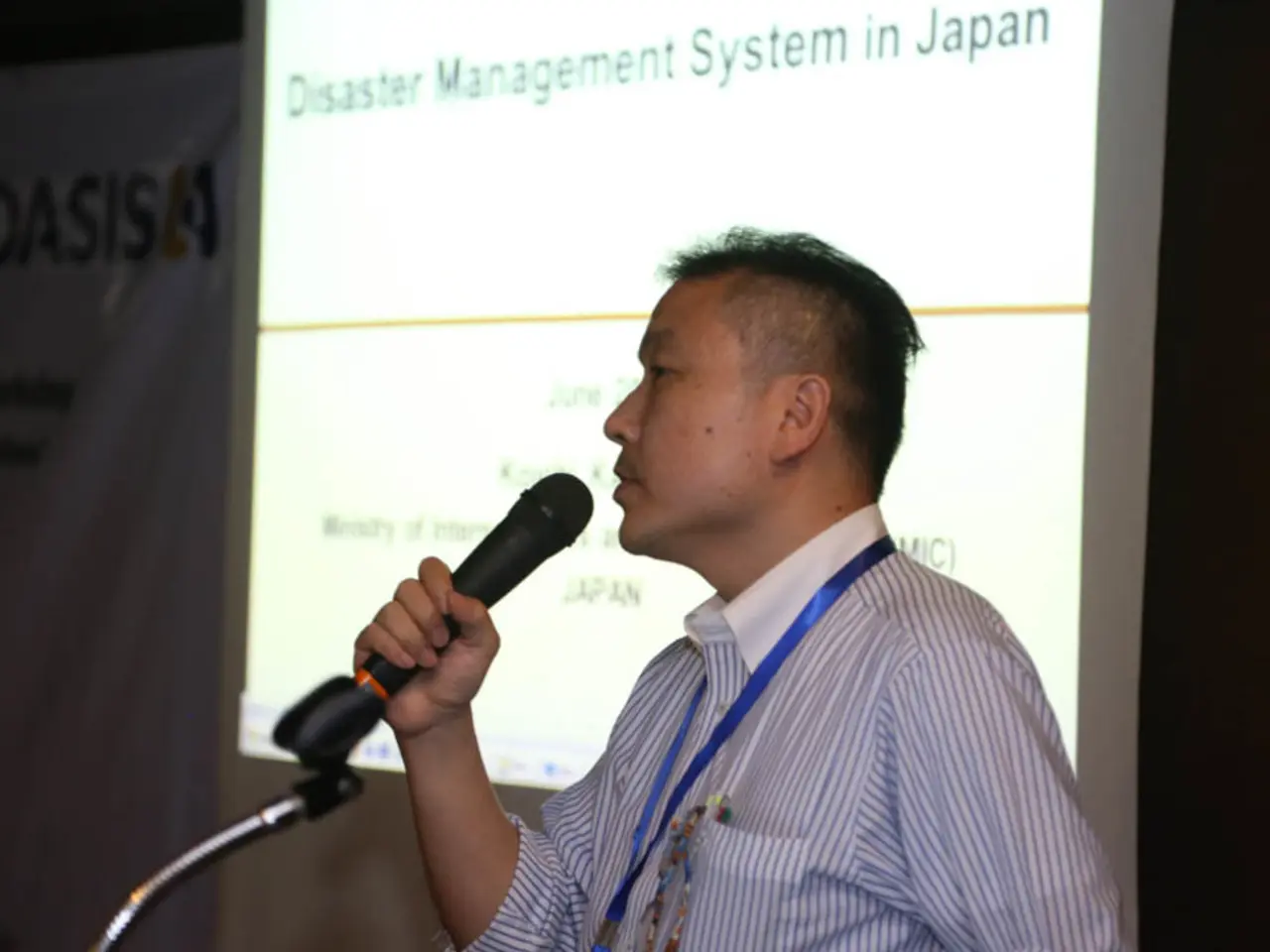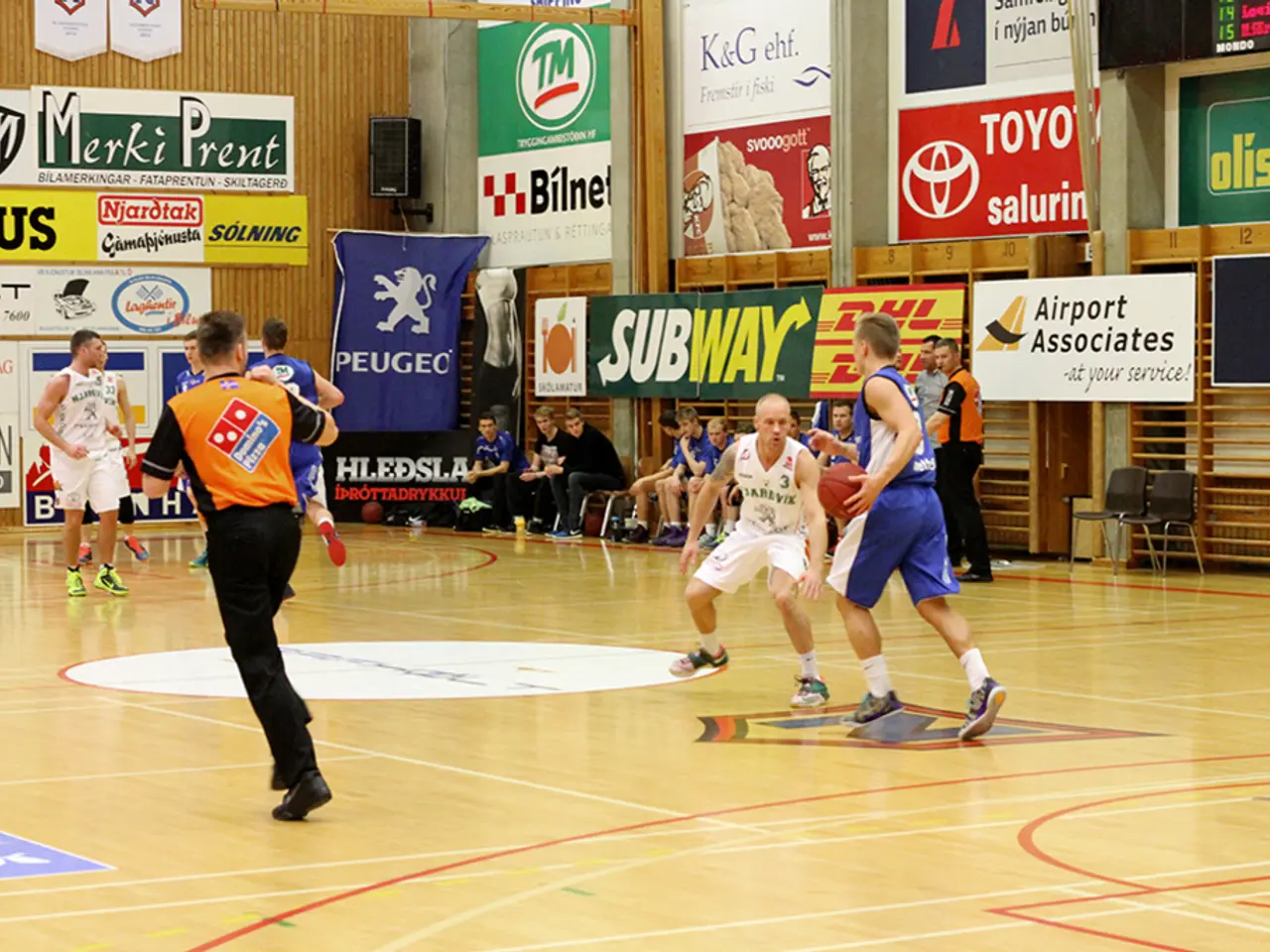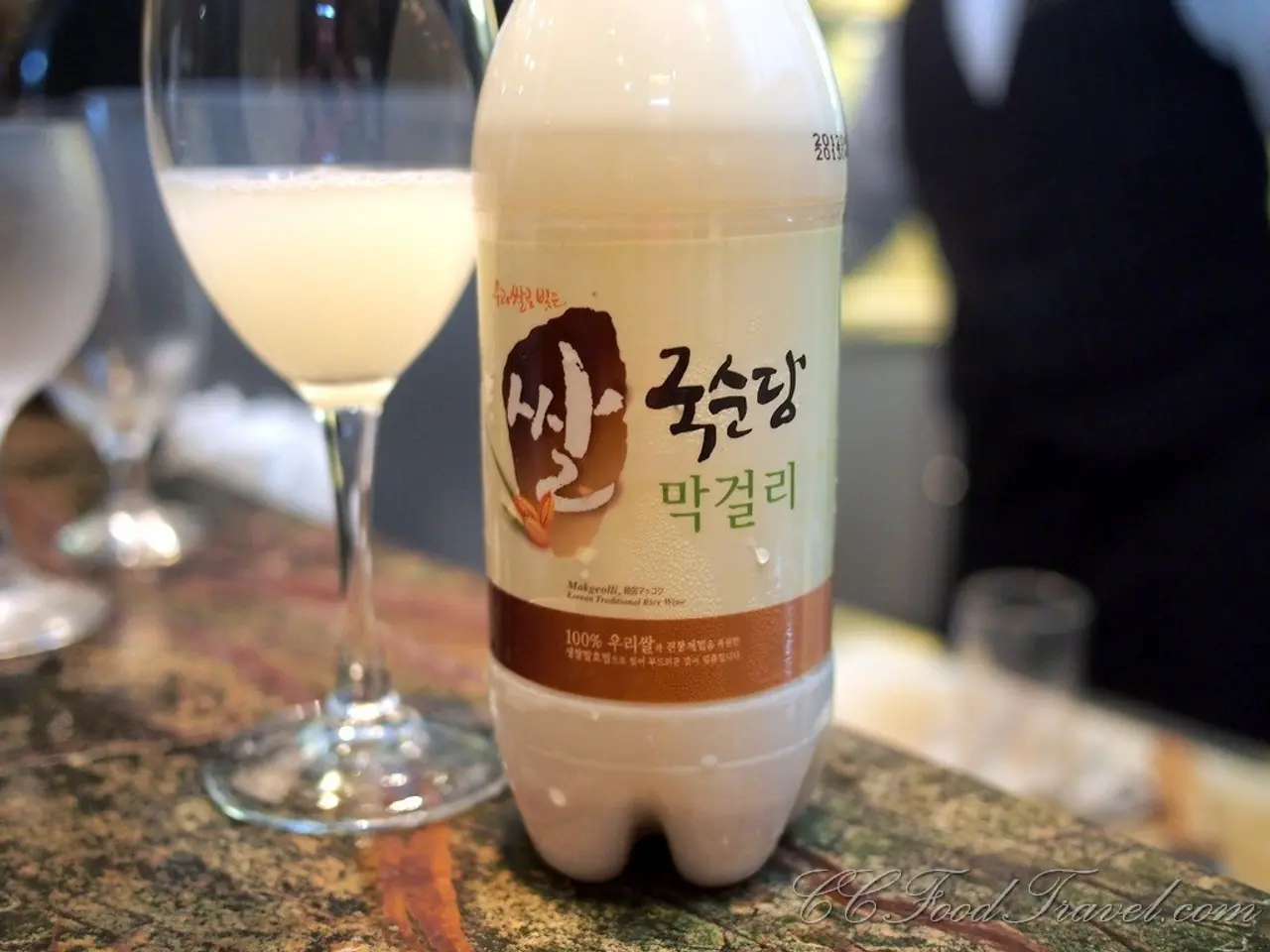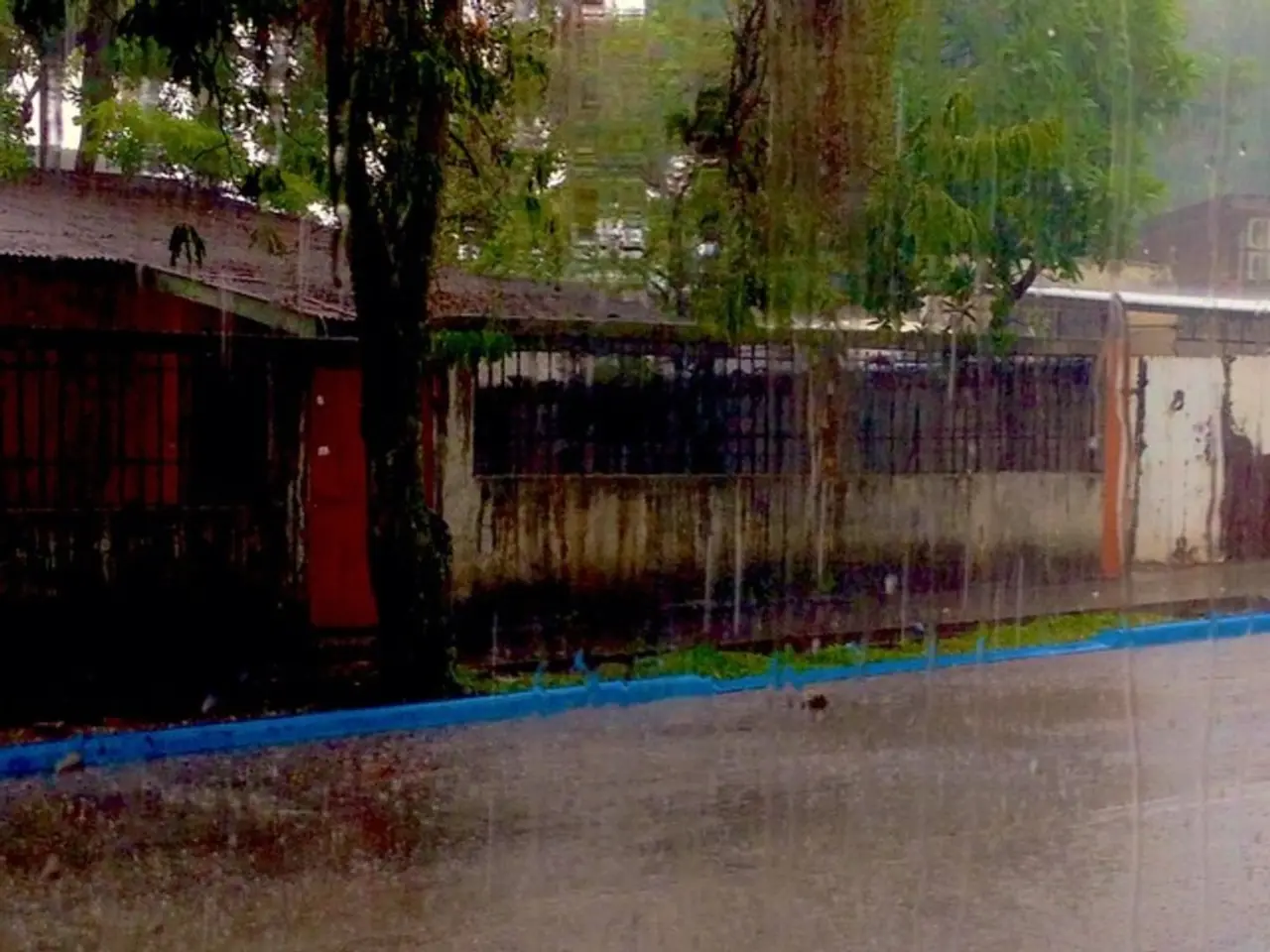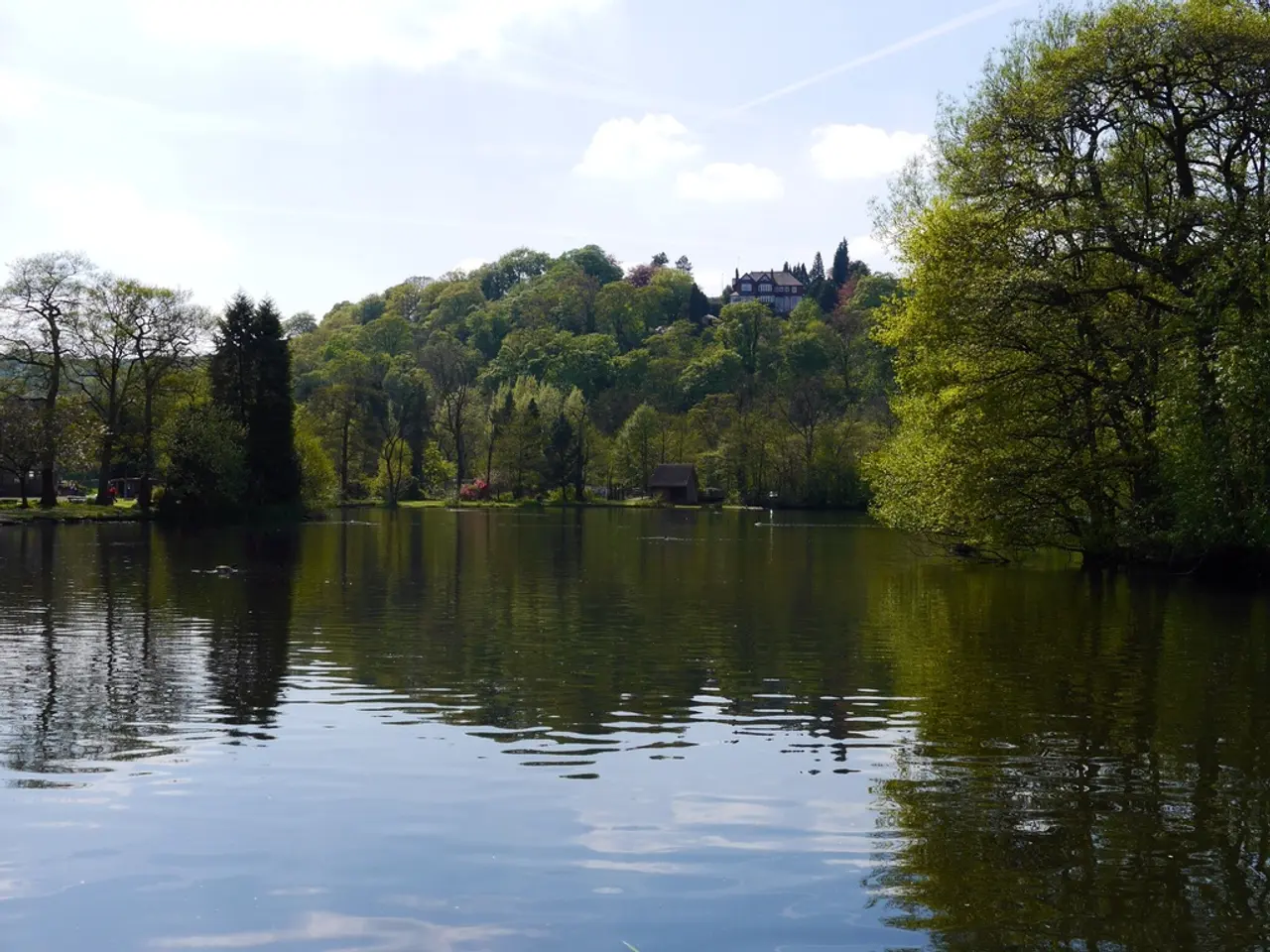Global collaboration initiated by UNDP and the Republic of Korea, aiming to aid crisis-stricken communities through a worldwide early recovery program.
The United Nations Development Programme (UNDP) and the Government of the Republic of Korea have unveiled REVIVE, a new global initiative for early recovery and resilience in communities affected by conflicts, disasters, or displacement. This collaborative partnership aims to help people not only cope with immediate crises but also build their futures by bridging the gap between emergency relief and long-term recovery[1].
REVIVE operates by providing integrated support that goes beyond immediate humanitarian assistance, such as food aid, and focuses on sustainable recovery efforts. For instance, in Afghanistan, the initiative supports over 350,000 people across six provinces through a $10 million program that combines emergency relief with development-focused actions to help communities regain stability and resilience[2][1]. This approach ensures that efforts transition from temporary crisis management to durable solutions that improve livelihoods, social inclusion, and infrastructure over time.
In Gaza, REVIVE will clear rubble, restore services, and support displaced families. In Ukraine, the initiative will repair power grids, schools, and hospitals damaged by war. Similarly, in Syria, the programme will help families return home safely through mine clearance and rebuilding efforts[1].
The initiative, which has received initial funding of US$64 million from Korea's Ministry of Foreign Affairs, is active in regions such as the Global, Middle East, and South Korea. It focuses on three key areas: restoring damaged infrastructure, creating emergency jobs and revitalizing small businesses, and reestablishing essential services[1].
REVIVE is designed to act fast, scale quickly, and adapt to real needs on the ground. It aims to address the needs of the millions of people projected to require humanitarian assistance in 2025, many of whom are trapped in crises lasting over a decade[3]. In the Democratic Republic of Congo (DRC), REVIVE will support survivors of violence to access vital services and build back stronger[1].
In Afghanistan, the focus will be on food security and winter preparedness in hard-to-reach communities. The initiative will work towards ensuring that these communities have access to adequate food and resources to withstand the harsh winter conditions[2].
In conclusion, REVIVE is a significant step towards providing sustainable solutions for crisis-affected communities. By connecting short-term emergency relief efforts with longer-term sustainable recovery initiatives, the partnership leverages funding and expertise from the Republic of Korea and UNDP to assist populations in fragile and conflict-affected areas in rebuilding their lives with an emphasis on resilience and future development[1][2].
[1] United Nations Development Programme (UNDP). (2021). REVIVE: A New Global Initiative for Early Recovery and Resilience. https://www.undp.org/revive [2] United Nations Development Programme (UNDP). (2021). Afghanistan: REVIVE Early Recovery Programme. https://www.undp.org/afghanistan/revive [3] United Nations Office for the Coordination of Humanitarian Affairs (OCHA). (2021). Global Humanitarian Overview 2022. https://www.unocha.org/global-humanitarian-overview
- The REVIVE initiative, with its focus on long-term recovery and resilience, will support sports facilities in crisis-affected communities, creating avenues for children and youth to engage in constructive activities.
- In the spirit of durable solutions and improved livelihoods, REVIVE's program in the Democratic Republic of Congo (DRC) plans to incorporate carbon capture technologies in the rebuilding process, promoting a greener future for recovery efforts.
